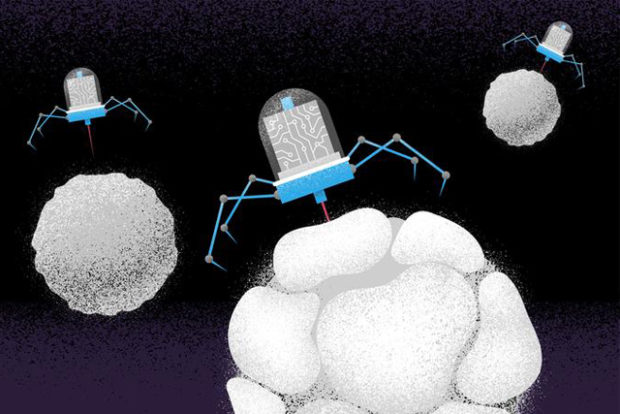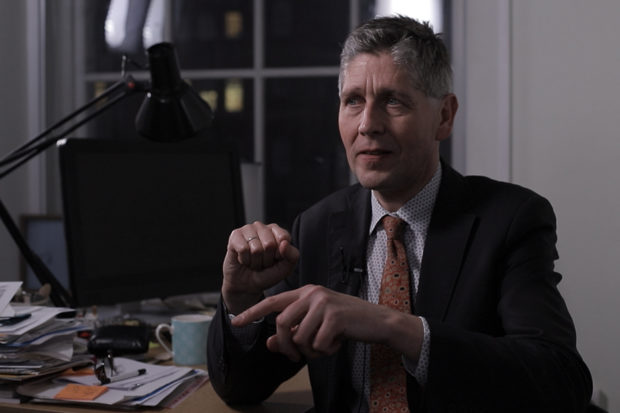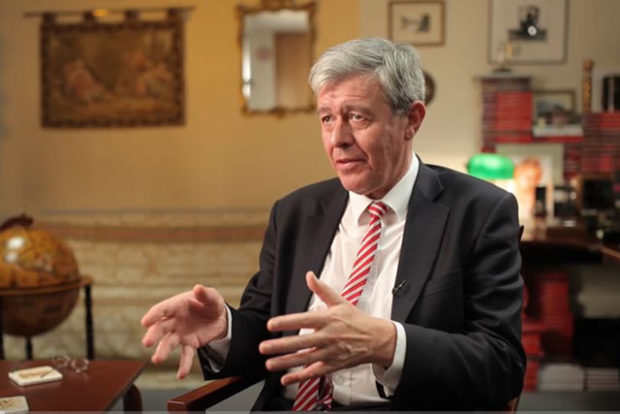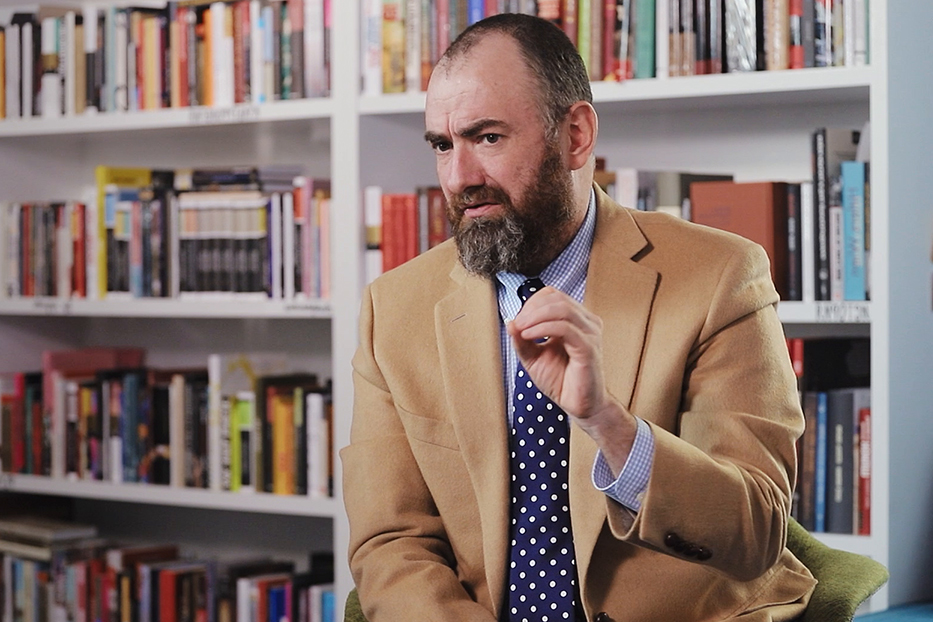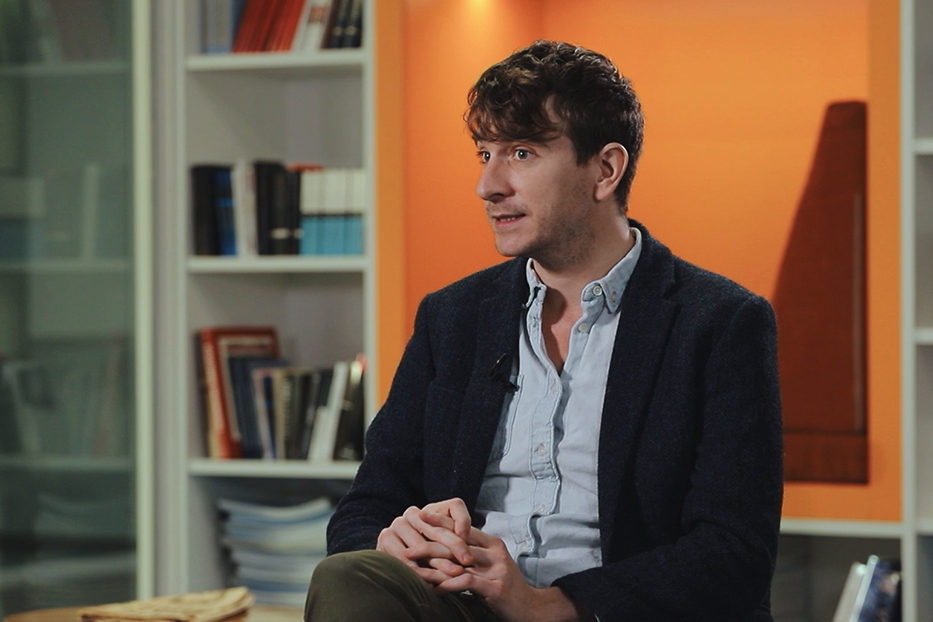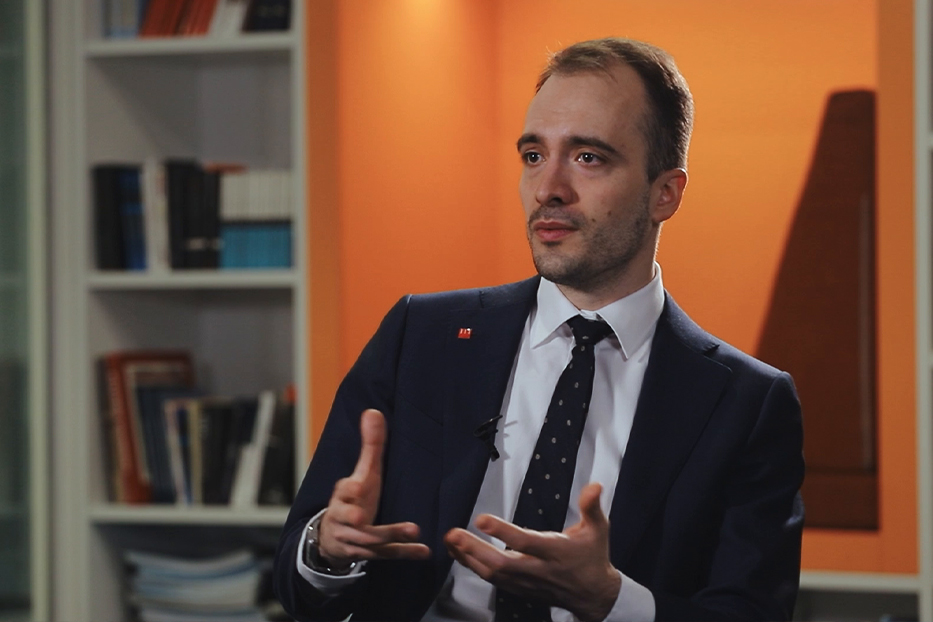Educational Achievement and Intelligence
Behavioral geneticist Robert Plomin on explaining genetic variance in intelligence, the Finnish educational model, and the probabilistic approach to genetic differences in children’s abilities to learn
videos | August 6, 2018
My earlier research was on cognitive abilities and especially general cognitive ability – intelligence. When I came to England I was able to begin a large longitudinal twin study of about fifteen thousand pairs of twins from birth. That’s been funded by the Medical Research Council for 20 years. We’ve studied the cognitive development of these children, their verbal ability, for example, their language ability and behavior problems as well in childhood. But then, as they got to school, I was really keen on studying for the first time educational achievement – that is how they do on school grades. In England, the kids are tested a lot, so we have actual test performance on these kids for literacy, numeracy, the types of things that are taught in school. I was interested in is there a heritable influence on educational achievement, not just cognitive abilities, but then what’s the relationship between these are. The kids who do well at school, are just the bright kids? Is it really just a reflection of the genetics of intelligence?
The first thing that we found when these kids got to first grade, they were born in 1994, 1995 and 1996, so seven years later we’re studying them in their performance at school. It’s a twin study comparing identical and non-identical twins. The twin method came up with a very surprising result and that is even in the first year in school, at seven years of age, the individual differences in the kids’ performance at school on literacy tests, reading, and numeracy tests, which is basic arithmetic sort of thing, was about sixty percent heritable. That is the differences between the children and their performance were largely due to genetic differences, not to environmental differences.

The first finding that amazed me was that even in the first year of life the individual differences in school performance were largely genetic. It stays that at that high level. We’ve now followed them through what we call GCSE exams at 16, which is the end of compulsory education. Everyone has to take the same test. It’s 65% heritable, just as heritable for the STEM subject (science, technology, engineering and math) and the humanity subjects – they’re all just about as substantially heritable. Then we follow them into what we call A-levels. After compulsory education here you go into two years of preparatory work for the university, and then you go on to the university, again just as heritable.
Then I thought: well, is that just intelligence? Because there is a strong correlation, about 0.5. The correlation is an index of similarity. So, zero means not at all similar, one means a 100% similar. So, we’re talking about 50% overlap in intelligence scores and educational achievement scores. What we find using genetics is that about 70% of the genetics that infects intelligence effects educational achievement. A lot of what we’re measuring as the genetics of educational achievement is the genetics of intelligence, but only about half or so. If this is 50%, another quarter can be explained by these other things we think about. Currently, there’s all this interest in grit, personality traits, you know, perseverance, you just have to try harder and harder. That’s true, you do have to try, but actually, at some point it’s smarter to give up, because if you’re not good at something, and you try hard, it doesn’t mean you won’t do well, but it just means it is going to take you a lot of time and effort to do that. Maybe there’s something else that interests you more. So, in terms of the overlap between intelligence and educational achievement, we find that there’s quite a bit of genetic overlap, but it’s not complete.
If you found genes for intelligence, you could probably predict about half of the genetic variance for educational achievement, but that means about half of the genetics would be independent of intelligence, and part of that is mediated through personality sorts of things, and other things that we don’t know about yet.
I think that was still being absorbed by the educational community. I mean, there is still no acceptance of the importance of genetics and partly because people have crazy notions about what that means if it is genetic. I mean, some people say: “Well, then you can’t do anything about it”. It’s obviously not true. I mean there’s strong heritable influence on reading. It doesn’t mean that kids who have reading problems can’t learn to read. It just means it’s going to be harder to make them read. It also suggests that you have to recognize that kids are different: some kids, you almost can’t stop them from reading. I mean, they almost work out reading by themselves. But then most of the kids in the middle need help. Kids at the lower end are going to need a lot of help.
It depends on your values, and my values are more like the Finnish model. Your values could be right-wing, you could say, “Well if it’s all genetic, let’s just teach the best and forget the rest”. I think that’s stupid because the intellectual capital of society doesn’t involve just the handful of smartest people. If you invent these things like the Internet or whatever, you need a structure of a society that can do something with it. You need an educated population, not just a few brilliant people.

What will really make the difference is DNA. When the DNA revolution comes about, and we begin to predict not from twin and adoption studies but from DNA alone, that’s what’s going to make the difference because parents are going to demand that something should be done about it.
So, what do you do with this information? I think there are a lot of positive things that can come from it, but there are certainly things to worry about, like people worry about labeling, for example. Let’s take the worst-case scenario. Right now we can explain 10% of the variance of educational achievement. We can say if your child’s in the bottom of this genetic right now, with this genetic polygenic score we have, they’ll be half as likely to go to university as kids at the top. If you’re a university-educated parent, you just assume your kids go to university. But if your kids are at the bottom of this polygenic score, which they could be, the first law of genetics is like begets like, that means first-degree relatives are 50% similar genetically. The second law is like you’re 50% different genetically. That means within a family siblings will be very different. You’ll find very different polygenic scores.
So, suppose the worst-case scenarios, you find out your kid, one of your kids is in the bottom of this polygenic score. It’s probabilistic, it doesn’t mean they cannot go to university, it just does mean they’re going to have a lot more difficulty going to university than your child who’s in the top of that genetic distribution. It doesn’t mean you can’t do anything about it. But wouldn’t it be good to know? The one kid does well and you say, “Well done!”, but the other kid doesn’t do well and you say, “You have to try harder. If you only try…” If we only knew that it’s a lot harder, that the kid deserves a lot of credit for doing what they do! Should they struggle to go to university? I mean, increasingly people are wondering economically is it a good thing. I mean, spending all that time – and in the UK spending all that money, getting 40,000 pounds in debt. If a kid isn’t inclined to that and if they know they’re not particularly good at it, is it right for you as a university educated parent just to say: “Forget it, you’re going to university”. It might be better to say: “Here are some things this kid likes to do, and maybe there are something alternatives that they should do”.
I want to emphasize we’re not saying it’s hardwired and deterministic, it’s strictly probabilistic. We’re talking about a two-fold. You’re two-fold less likely to go to university doesn’t mean you can’t do it. It just means it will be harder, and parents need to recognize that. It’s just like the school example – recognize that kids differ genetically even within a family, and then to begin to respect those differences. I think in education parents ought to think of themselves more as resource managers: you give kids options to find out what they like to do and what they’re good at, and you encourage them to do what they like to do and what they’re good at, rather than your preconceived notions, which even include going to university. If you’re stupid enough to not recognize genetics in athletics – “My kid is going to be a marathon runner and win the gold medal in Olympics”. If you don’t recognize the genetic differences, you’re in for a world of hurt and unpleasant relationships with your kids, because you’ve got these preordained views of what they ought to be. The genetic message is: “We don’t mold kids”.

I think it suggests a different view of environments including parents, what you can do as a parent and also education, what teachers can do. I think the basic message is that we need to provide the opportunity for children to express their genetic propensities rather than shoving some preordained environments experiences on them. I think it makes for a happier world too because you’re with your kids for a long time. If you’re thinking of this as a factory model, what you’re doing as a parent is producing a good citizen, for example, then you’re not going to do that. I mean, your kid might do well, you might not – most of the variance isn’t in your control, it is genetic. What you can do is have a good time and you can recognize the differences and enjoy them. Individuality is the spice of life.
I think it is an important message for parents and teachers in terms of children but it’s also a message for us as individuals. Part of understanding ourselves is understanding genetics. There’s a neat phrase by this famous learning psychologist in the United States, Skinner, who developed the Skinner box for a completely controlled environment of infants. He believed everything was environmental – all that we are is what we learn. He was in a head of the revolution in learning psychology in the 1930’s and 1940’s, which continued into the 1970’s. As he grew up he wrote a book on old age, where he said: “The older I get, the more I become who I am”. I can remember shaving my beard looking in the mirror and saying: “Oh my God, I’m my father”. In a lot of ways, I’ve come to recognize that some of the things I don’t like about myself, like getting angry easily, for example. It’s just like my father in the same situations, in the same way. So, it’s part of understanding who we are – not to say: “Oh, well, there is nothing I can do about it”, but actually to recognize – “I’m easily angered, so I could be in road rage”. By recognizing that I say: “I’ve got to avoid those situations. I’m not going to let someone get me to the point where I’m going to lose it, because I suffer from that. It could be dangerous as well, but it takes me a long time to get over it once I get angry. I try very hard to avoid that situation because I’ve seen it in my father and know how ugly it is”. That’s an example where just knowing the genetics is part of understanding who we are, and it’s not just to say: “Oh, well nothing I can do about it”. To the contrary, it might actually be the way to do something about it.















